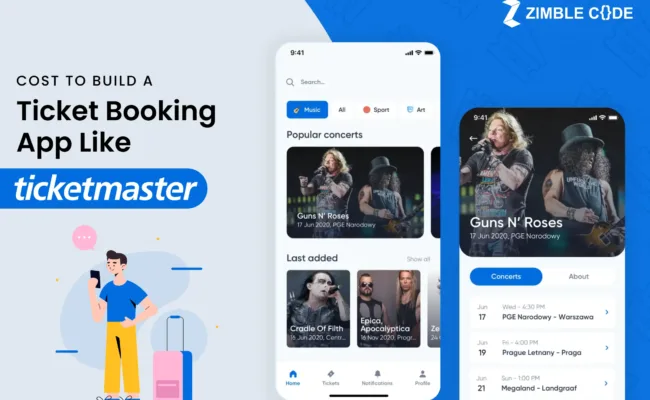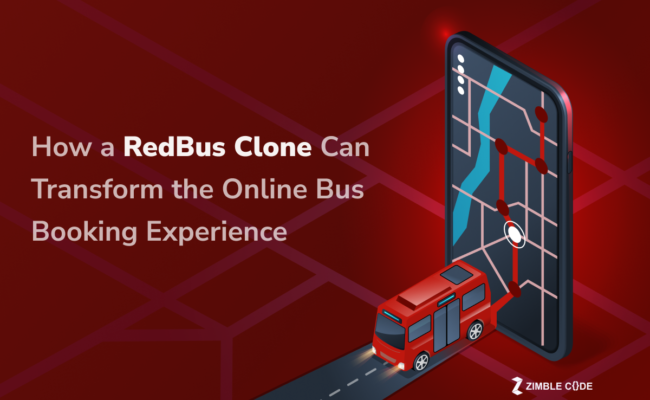User experience has dominated the market by a wider margin. This, however, leaves a massive responsibility and authority in the hands of Gen X designers. Besides the advantages that a career in UX can offer, there are some competitive disadvantages. In this article, we will focus on such issues and their fixes offered by our top UI/UX designers in USA.
UX Challenges And Their Solutions
If you are a UX Designer or would like to be one, here are some issues you should be prepared to encounter. But don’t stress, our expert UX designers have come up with some marvelous solutions to all of the problems!
1. Professional Fallacies
The heterogeneous character of user experience design is sometimes neglected. For many individuals, the expression “user experience design” just means “making things look good.” The relevance of UX in the market, on the other hand, is frequently ignored. It might be challenging if fundamental stakeholders are ignorant of your stance. To look at it another way, UX design is a highly collaborative profession that requires support from nearly everyone in the organization.
Zimble Solution
Goals must be established early on by a UX designer. Each new project must begin with proper communication with stakeholders in which a UX designer describes his perspective and the project’s objective. As the project advances, give regular updates and opportunities for peers to raise questions. Most of all, resist the need to protect your job. Ask someone to know about your work. Our expert UI/UX designers in California, USA have established an open-door policy to debunk any misconceptions about what you do.
2. Endless Number Of UX Roles
Companies are increasingly hiring information architects, user experience writers, user experience researchers, and usability experts to focus on certain elements of user experience. Even when considering the broad job title of UX designer, there are a few new terms to be aware of, such as the increasingly popular full-stack designer. As a consequence, carving out a niche in the business might be tough. The first decision is whether to specialize or generalize, which does not have to be made instantly. Then there’s the matter of the contradicting names, titles, and terminology in the UX employment landscape.
Zimble Solution
It is vital to keep educated when deciding on the next level in one’s career or defining one’s status within one’s existing team. Check for UX opportunities on job platforms like LinkedIn, Indeed, and others to see what businesses are seeking currently. You can also consult a top UI/UX design company in California, USA.
3. Expectation Management
A UX designer is typically thought of as somebody who works on the design of an app. That, however, is only a modest portion of the picture. In contrast to the common opinion, a UX design team is responsible for all elements of a product or service’s development, including but not limited to its design, usability, and function. In certain circumstances, the UX design team has input towards the branding and marketing of the product. Simply defined, the UX designer enters the picture whenever a user expects to engage with a product.
Zimble Solution
Make sure that everyone working on the project understands the extent of your effort. Setting expectations from the beginning to ensure that everyone understands why you will be doing what you intend on doing is your sincere way of assisting your clients in becoming aware of your diverse skill set. This allows the client to have a better grasp of your role. More significantly, this typically allows you to steer the project in a better direction if necessary. Of course, this is only feasible if everyone concerned understands that this is well within the realm of your competence and that you deserve to be listened to and followed.
4. Affect Of Budget And Time Constraints On user Research
Budget and time are two critical factors that impact not only design but the full development cycle; both are interrelated. There may come a moment when there isn’t enough time or resources to do user research. It is a well-known hurdle. A good design is related to everything, and color layers serve a variety of functions as well. As a result, even slight adjustments need extra effort or additional costs on the part of designers. When designers are pressed for time, they are just unable to focus on the demands of their clients, resulting in less artistic contribution.
Zimble Solution
Focus on gathering all of the data you’ve been given and streamlining the design process to the greatest extent achievable. If you don’t have the time or money to do full-fledged market research, you can ask the client if they’d be willing to spend money on a small focus group instead. If even that does not appear to be the case, you proceed to perform an effective study using video calls, surveys, and the like. The goal is to maximize production while working with restricted resources.
As more companies see the value of UX research, “guerilla” approaches to research have become a popular way to integrate research into limited budgets and deadlines. This may necessitate a decrease in-depth and/or rigor. Get insight from our top UI/UX designers in California, USA
5. Prioritizing Issues For Addressal
In the great majority of situations, you as the UX design team can be confronted with a slew of issues that plague a project. While the client may only be aware of one or a few of them, your extensive study will reveal other issues that require attention. This may be a difficult scenario, especially when time and money are frequently limited.
Zimble Solution
Create a well-defined problem statement based on the user research, 5 Ws, and 5 Whys. Now that you’ve identified the key problem that consumers are experiencing, make it a priority to work on it. Inform the client of any lingering issues. It’s fantastic if they’re prepared to provide you with resources to help you resolve such issues. If they are unable to do so, at the very least they will be aware of specific pain points associated with their product or service and will not be stunned into silence if these problems develop at a later time.
6. Gap Between Design And Development
Both developers and designers play essential but diverse roles in the creation of a product. Design is pointless without development, and development is ineffective without design. As a result, cooperation between the two is required. The transition from design to development is one area that might be especially tricky. The approach to problem-solving of a UX designer differs from that of a developer. The designer analyses the user’s journey, but the developers strive to ascertain what is technically achievable. If developers and designers are not on the same page, both the product and the process will suffer.
Zimble Solution
The easiest method to avoid conflict is for the design and development teams to communicate early and regularly. Involve the developers as soon as possible; this way, they will be able to identify any potential issues before the handoff. Information sharing is also crucial; while you are not required to write code, it is worthwhile to spend time understanding how developers work and the issues they confront.
Conclusion
To summarise, each year introduces novel difficulties and concepts for web designers to explore in order to improve the user experience. Designers must remember, however, that every problem has a fix. Designers should thoroughly study the user’s goals, interests, and preferences before making the necessary decisions to design a digital product that provides a better UX for every user.
We hope that as a leading UI/UX Design Company in California, USA, we have been successful in responding to your concerns.
Still have questions?
Get in touch with us today.
Related Article – Best 5 Tips for Hiring Top UX Designers in New York USA









Leave A Comment